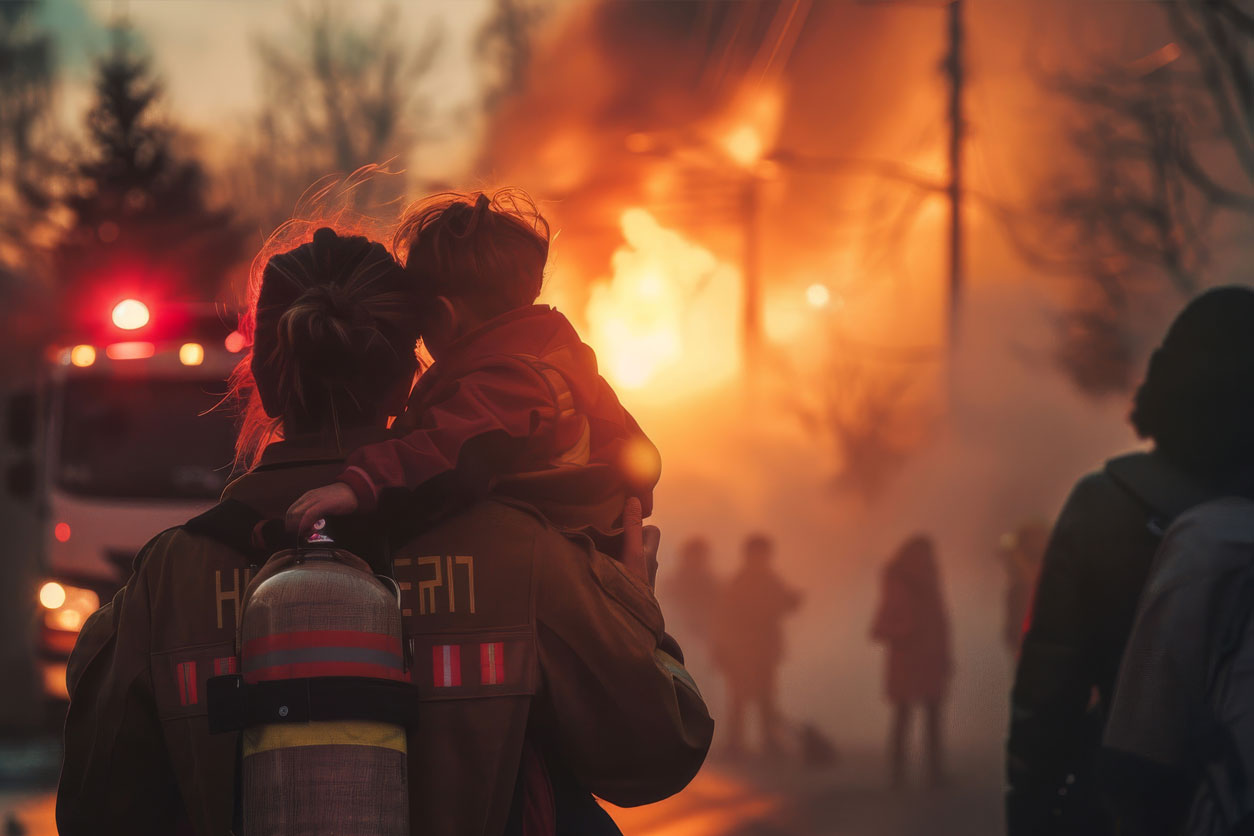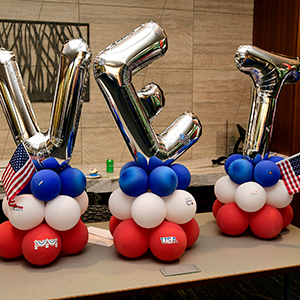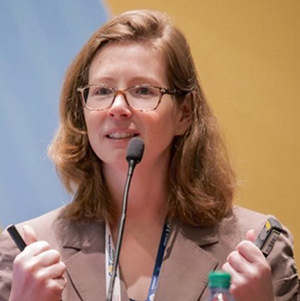Learn how to protect children from wildfire smoke

In the wake of devastating wildfires sweeping across Southern California, it is more important than ever to share information about protecting children from the health effects of wildfire smoke.
Wildfires can impact populations in critical ways, with children being particularly vulnerable. Staying informed about current wildfire exposure and air quality can help decrease the impact of these events on communities, while also protecting their health.
The Subcommittee on Climate, Emergencies, and Disasters of the President’s Task Force on Environmental Health Risks and Safety Risks to Children has compiled information for families, communities, and health care providers to assist in protecting children’s health during and after wildfires. The resources include the following.
- Fact sheet: Protecting Children From Wildfire Smoke and Ash
- Training course for health care professionals: Wildfire Smoke and Your Patients' Health
- General information: Create a Clean Room to Protect Indoor Air Quality During a Wildfire
Learn more by exploring the complete list of resources here.
NIH workforce raised more than $2 million for charity
The National Institutes of Health (NIH) community, made up of 27 Institutes and Centers, raised more than $2 million to support more than 4,500 charities as part of the 2024 Combined Federal Campaign (CFC). The CFC is the annual fundraising drive conducted by federal employees each fall and winter. NIEHS Director Rick Woychik, Ph.D., thanked the NIEHS community for donating funds and pledging volunteer hours totaling more than $100,000.
“Your contributions will make their way through countless communities, providing essential resources and support to those who need it most,” said Woychik. “Whether through financial pledges or commitments of time, I want to personally thank each of you who participated in the campaign. Your decision to ‘Give Happy’ demonstrates the strength of our collective impact and reminds us of the power of generosity in creating meaningful change.”
(Sam Tyler is a technical writer-editor in the NIEHS Office of Communications and Public Liaison.)









